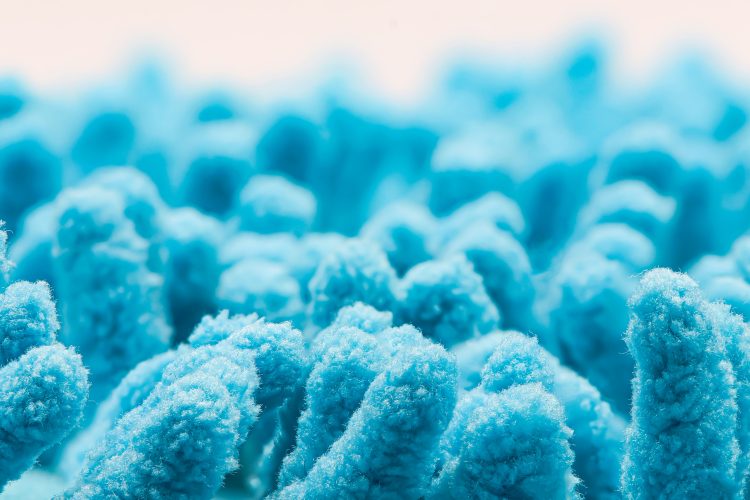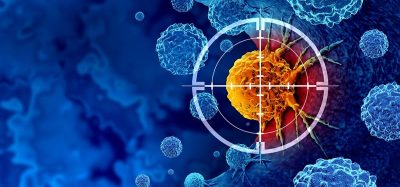Restoring the gut: VE303’s strategy for C. diff relief
Posted: 5 February 2025 | Drug Target Review | No comments yet
A new publication in Nature Medicine highlights the potential of VE303 for preventing recurrent C. difficile infection, detailing its impact on the gut microbiome and immune response.


Vedanta Biosciences, a clinical-stage biopharmaceutical company founded by PureTech Health, has announced the publication of additional positive results from its Phase II CONSORTIUM study of VE303, a potential first-in-class Live Biotherapeutic Product for the prevention of recurrent Clostridioides difficile infection (rCDI). The findings, published in Nature Medicine, provide further insights into the mechanisms of action of VE303 and identify predictors of clinical response.
VE303 consists of a defined consortium of eight bacterial strains designed to restore a healthy gut microbial community. Previous results from the CONSORTIUM study, published in the Journal of the American Medical Association (JAMA), demonstrated that the higher dose of VE303 was well-tolerated and reduced the odds of CDI recurrence by more than 80 percent compared with placebo.
The new Nature Medicine publication, titled ‘Multi-omic Profiling a Defined Bacterial Consortium for Treatment of Recurrent Clostridioides difficile Infection,’ details further analyses of microbiome composition, fecal metabolites, and host immune function. These analyses reveal that VE303 prevents rCDI through multiple mechanisms, including restoring a healthy gut microbiome, reducing inflammation, and increasing levels of protective metabolites. Importantly, the research also identified predictors of VE303 colonisation and clinical response, potentially paving the way for personalised treatment approaches.
“This clinical research offers new insights into the mechanisms of action of VE303, providing a rationale for the drug’s protective effects in rCDI,” said Dr Bernat Olle, Chief Executive Officer of Vedanta Biosciences. “Due to VE303’s precisely known, defined composition, we can study its mechanisms of action and PK-PD relationships in a rigorous way, taking a step towards understanding why some patients respond better than others to a microbiome restoration intervention. We believe this line of work helps fill a knowledge gap in the field, since characterisation of the mechanisms of action of first-generation fecal microbiota products has been very limited.”
Key findings and implications
The Nature Medicine publication highlights several key findings:
- The abundance of specific VE303 strains, and VE303 strains overall, was predictive of remaining recurrence-free.
- The strains that colonised well differed across individuals, suggesting that efficacy is derived from strains working together as a consortium.
- VE303 colonisation and clinical benefit correlated with increased levels of short-chain fatty acids and key secondary bile acids, both of which have beneficial effects in conferring resistance to CDI.
- Faster recovery of a more diverse microbiome, observed in high-dose VE303 recipients, was associated with non-recurrence.
- The elimination rate of the antibiotic used for the CDI episode was a predictor of VE303 colonisation.
- VE303 use led to lower levels of pro-inflammatory and potentially pathogenic Gram-negative species, including Klebsiella and Citrobacter, that are linked to CDI recurrence and AMR bacterial infections.
These results provide a strong foundation for understanding how VE303 works and inform the ongoing development of this promising therapy.
Phase III trial underway
The results from the Phase II CONSORTIUM study have informed the design and dose selection for the global, pivotal Phase III RESTORATiVE303 study, which is currently evaluating the efficacy and safety of VE303 in preventing rCDI. Topline data from this study are expected in 2026.
VE303 represents a significant advancement in the field of microbiome-based therapeutics. The ongoing Phase III trial will be crucial in confirming these promising results and bringing this potential first-in-class therapy to patients in need.
Related topics
Antimicrobials, Biotherapeutics, Clinical Trials, Drug Discovery, Drug Discovery Processes, Drug Targets, Targets
Related conditions
Recurrent Clostridioides difficile infection (rCDI), ulcerative colitis
Related organisations
PureTech Health, Vedanta Biosciences
Related people
Dr Bernat Olle








